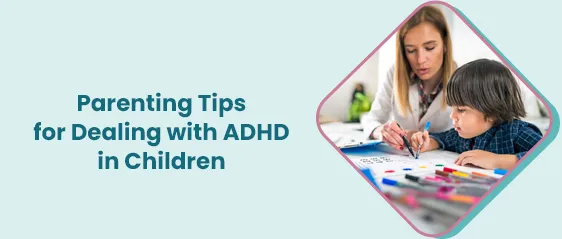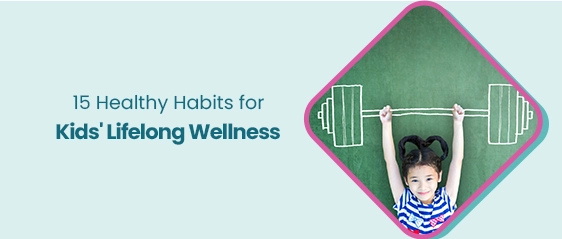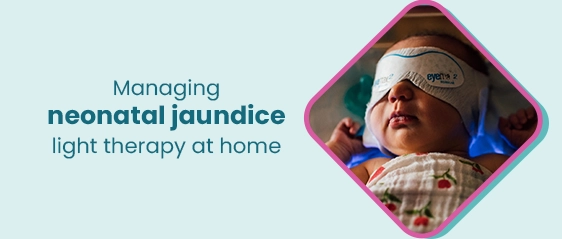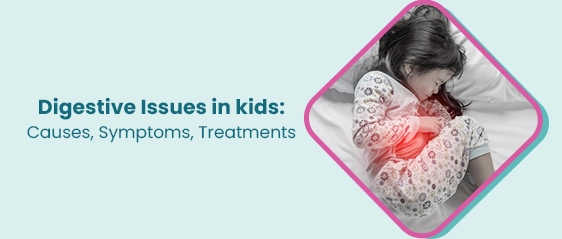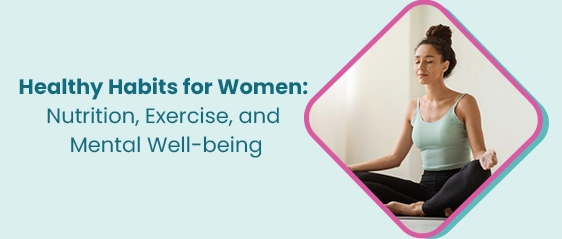Effective Parenting Tips for Nurturing Children with ADHD
- 14 Aug 2023
Parenting a child with Attention Deficit Hyperactivity Disorder (ADHD) comes with unique challenges that require understanding, patience, and tailored strategies. ADHD is a neurodevelopmental disorder that affects a child's ability to focus, control impulses, and manage hyperactivity. In this blog post, we will explore practical and SEO-friendly parenting tips to help you provide the best possible support for children with ADHD, fostering their growth and success.
- Establish Clear Routines: Children with ADHD thrive in structured environments. Establishing consistent daily routines helps them know what to expect and reduces anxiety. Set specific times for meals, homework, play, and bedtime. Use visual schedules or charts to make routines more tangible and accessible for your child.
- Break Tasks into Manageable Steps: Large tasks can overwhelm children with ADHD. Break tasks into smaller, manageable steps. This approach makes tasks less daunting and helps them focus on completing one step at a time. Celebrate their achievements at each step to boost their self-confidence.
- Provide Immediate Feedback: Children with ADHD benefit from immediate feedback and rewards for their efforts. Use a system of positive reinforcement to acknowledge their accomplishments. Offer praise, small rewards, or a special activity to motivate and encourage their positive behavior.
- Use Visual Cues: Visual cues are powerful tools for children with ADHD. Use color-coded schedules, checklists, and visual reminders to help them stay organized and on track. Visual cues create a clear understanding of expectations and deadlines.
- Create a Distraction-Free Environment: Minimize distractions in the environment to help your child focus. Designate a quiet, clutter-free space for studying and other tasks. Use noise-canceling headphones if necessary and limit access to electronic devices during focused activities.
- Encourage Physical Activity: Regular physical activity can help channel excess energy and improve focus. Engage your child in sports, outdoor play, or activities like yoga that promote relaxation and body awareness. Physical exercise positively impacts their mood and cognitive function.
- Practice Effective Communication: Clear and concise communication is essential when parenting a child with ADHD. Maintain eye contact, use simple language, and provide instructions one at a time. Ensure you have their attention before conveying important information.
- Teach Self-Regulation Techniques: Children with ADHD can struggle with impulse control. Teach them self-regulation techniques such as deep breathing, mindfulness, and counting to ten before reacting. These techniques help them manage impulsive behaviors and emotions.
- Collaborate with Educators: Effective communication with teachers and school staff is vital. Collaborate to create an Individualized Education Program (IEP) that outlines strategies for academic success. Regular updates and open dialogue ensure a consistent approach both at home and school.
- Practice Patience and Empathy: Parenting a child with ADHD requires patience and empathy. Understand that their challenges are not intentional misbehavior. Approach difficult situations with compassion, and encourage them to learn from mistakes rather than focusing on punishment.
Conclusion
Parenting a child with ADHD requires dedication, adaptability, and a willingness to embrace strategies that cater to their specific needs. By implementing these effective parenting tips, you can create a supportive and nurturing environment where your child with ADHD can thrive, develop valuable life skills, and achieve their full potential. Remember, your unwavering support and guidance play a vital role in helping them overcome challenges and succeed in various aspects of their lives.
Frequently Asked Questions
1. What is ADHD, and how does it affect children?
ADHD stands for Attention Deficit Hyperactivity Disorder. It is a neurodevelopmental disorder that impacts a child's ability to focus, control impulses, and manage hyperactivity. Children with ADHD may struggle with tasks that require sustained attention and organization.
2. How can I differentiate between typical childhood behavior and symptoms of ADHD?
While all children can be energetic and impulsive at times, ADHD symptoms are persistent and severe. Look for patterns of inattention, hyperactivity, and impulsivity that significantly impact your child's daily life, relationships, and academic performance.
3. Can ADHD be managed without medication?
Yes, ADHD can be managed through a combination of behavioral interventions, structured routines, therapy, and support systems. Medication may be recommended in some cases, but it's not the only approach to managing the condition.
4. What are some effective behavior management techniques for children with ADHD?
Behavior management techniques include setting clear routines, using visual cues, breaking tasks into steps, providing immediate feedback, and teaching self-regulation techniques. Positive reinforcement and consistent communication are also key strategies.
5. How can I support my child's academic success with ADHD?
Collaborate closely with teachers and school staff to create an Individualized Education Program (IEP) tailored to your child's needs. Break tasks into manageable steps, provide a quiet study environment, and use tools like visual schedules to enhance organization.
6. Are there any dietary changes that can help manage ADHD symptoms?
While diet alone may not cure ADHD, some studies suggest that certain dietary changes, such as reducing sugar and processed foods, can contribute to improved focus and behavior. Consult a healthcare professional before making significant dietary changes.
7. How do I address impulsive behavior and emotional outbursts in my child with ADHD?
Teach your child self-regulation techniques like deep breathing and mindfulness to manage impulsive behaviors and emotional outbursts. Encourage open communication, and help them understand and express their emotions in healthy ways.
8. Is it possible for children with ADHD to excel in sports and extracurricular activities?
Absolutely. Many children with ADHD excel in sports and extracurricular activities that align with their interests and strengths. Engaging in physical activities can help channel their energy and enhance focus.
9. Should I disclose my child's ADHD diagnosis to others?
Disclosure is a personal decision. Sharing the diagnosis with close family members, teachers, and relevant individuals can lead to a more supportive environment and understanding of your child's needs.
10. How can I build my child's self-esteem and confidence despite their challenges with ADHD?
Focus on your child's strengths and celebrate their achievements, no matter how small. Encourage their interests and hobbies, and provide opportunities for them to succeed. Offer unconditional love and support to boost their self-esteem.
Remember, every child with ADHD is unique, and what works best for one child may differ for another. Seek guidance from healthcare professionals, educators, and support groups to tailor your approach to your child's specific needs and strengths.
